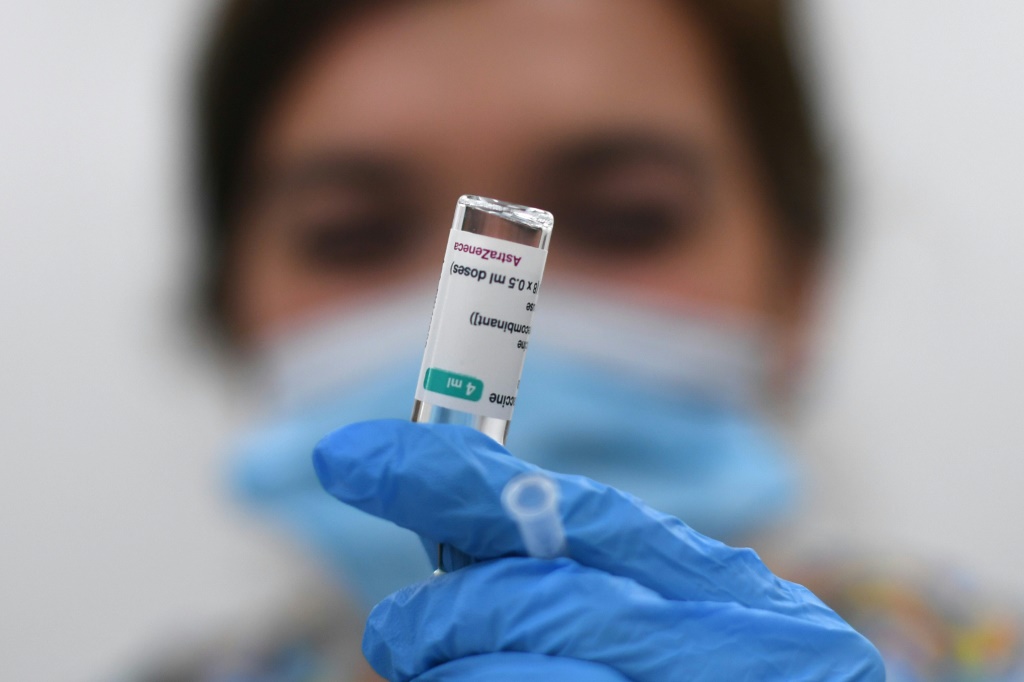Researchers found that the two-dose vaccines from Pfizer and AstraZeneca are not that effective in providing protection against the omicron variant.
An Alarming Discovery
In a University of Oxford study shared on the preprint server medRxiv, a team of scientists revealed a striking discovery after examining how the Pfizer and AstraZeneca vaccines fared against the newest variant of concern. They found that the neutralizing antibodies produced by the two-dose vaccines were not enough to counter omicron.
To test the vaccines’ efficiency against the new strain, they introduced omicron to blood samples taken 28 days after participants had their second shot of either the AstraZeneca or Pfizer vaccine. While examining the samples, they noticed a “substantial fall” in the neutralizing antibodies present.
They also shared an even more alarming finding: some samples failed to neutralize the coronavirus at all. “This will likely lead to increased breakthrough infections in previously infected or double vaccinated individuals, which could drive a further wave of infection, although there is currently no evidence of increased potential to cause severe disease, hospitalization or death,” they noted in their study.
A Similar Finding
This would be the second time that Pfizer’s vaccine caught the attention of the medical community for its lapses in the face of the omicron variant. Researchers from South Africa, where the variant was first identified, reported last week that the antibodies produced by the vaccine were less successful in preventing omicron from infecting cells compared to other strains.
The team, which was led by Alex Sigal of the Africa Health Research Institute in Durban, indicated in their study that the new variant of concern appears to dull the protection provided by the Pfizer vaccine based on the experiments they conducted.
Implications Of The Studies
Although both studies on the two-dose vaccines seemingly suggest that they would not be enough to fight off omicron, scientists claim there is nothing to worry about. The studies only focused on neutralizing antibodies; the vaccines provide wide-ranging immune responses that involve more than antibodies.
“These data are important but are only one part of the picture. They only look at neutralizing antibodies after the second dose, but do not tell us about cellular immunity, and this will also be tested,” Oxford Professor Matthew Snape, co-author of the medRxiv-shared study, was quoted as saying by New York Post.
On the other hand, Sigal said that people previously infected with COVID-19 and then vaccinated against the novel coronavirus are well protected against the new variant. The South Africa-based virologist also noted that booster shots are likely to increase the neutralization level and the protection provided by the vaccines from omicron.
















